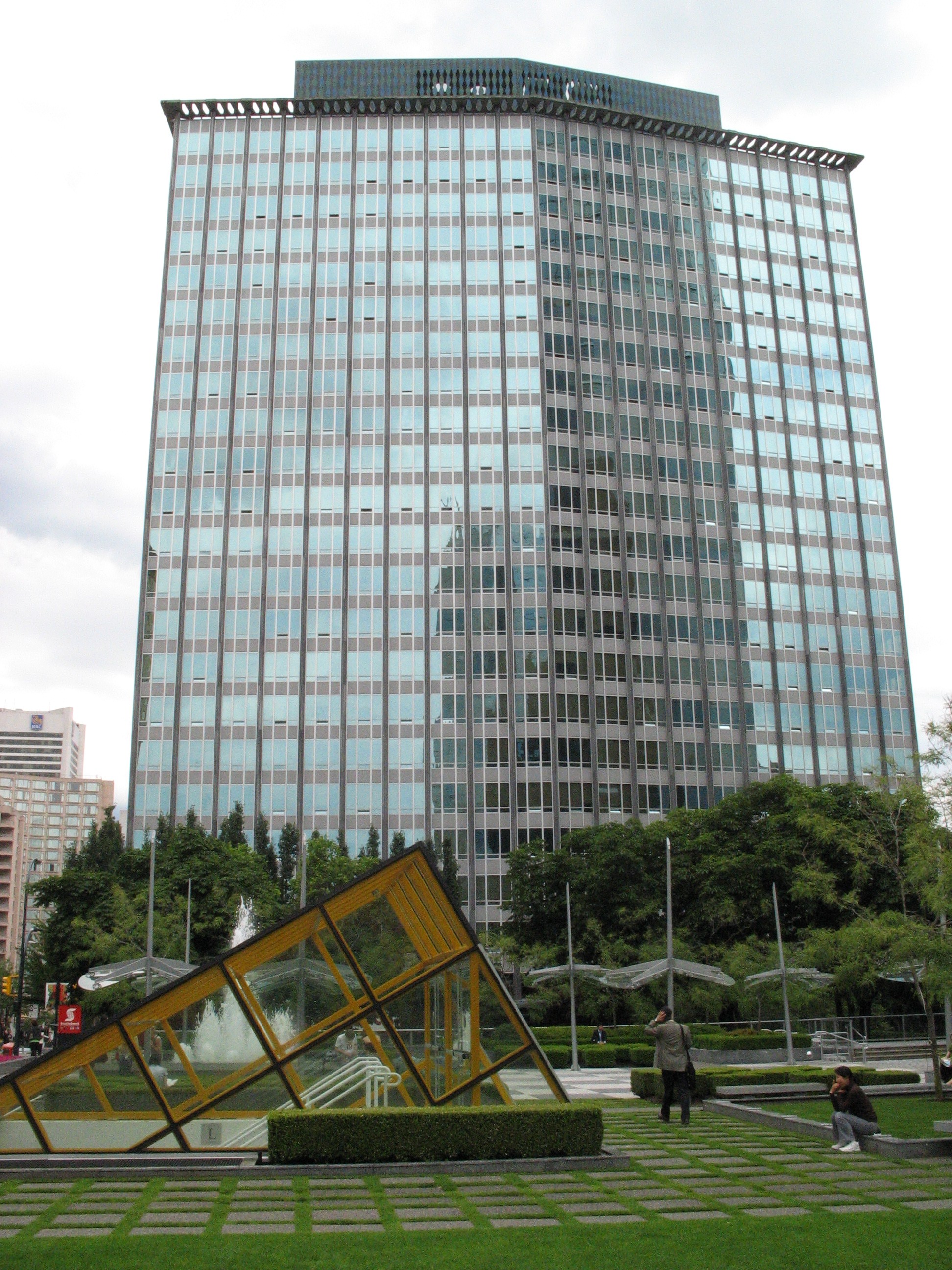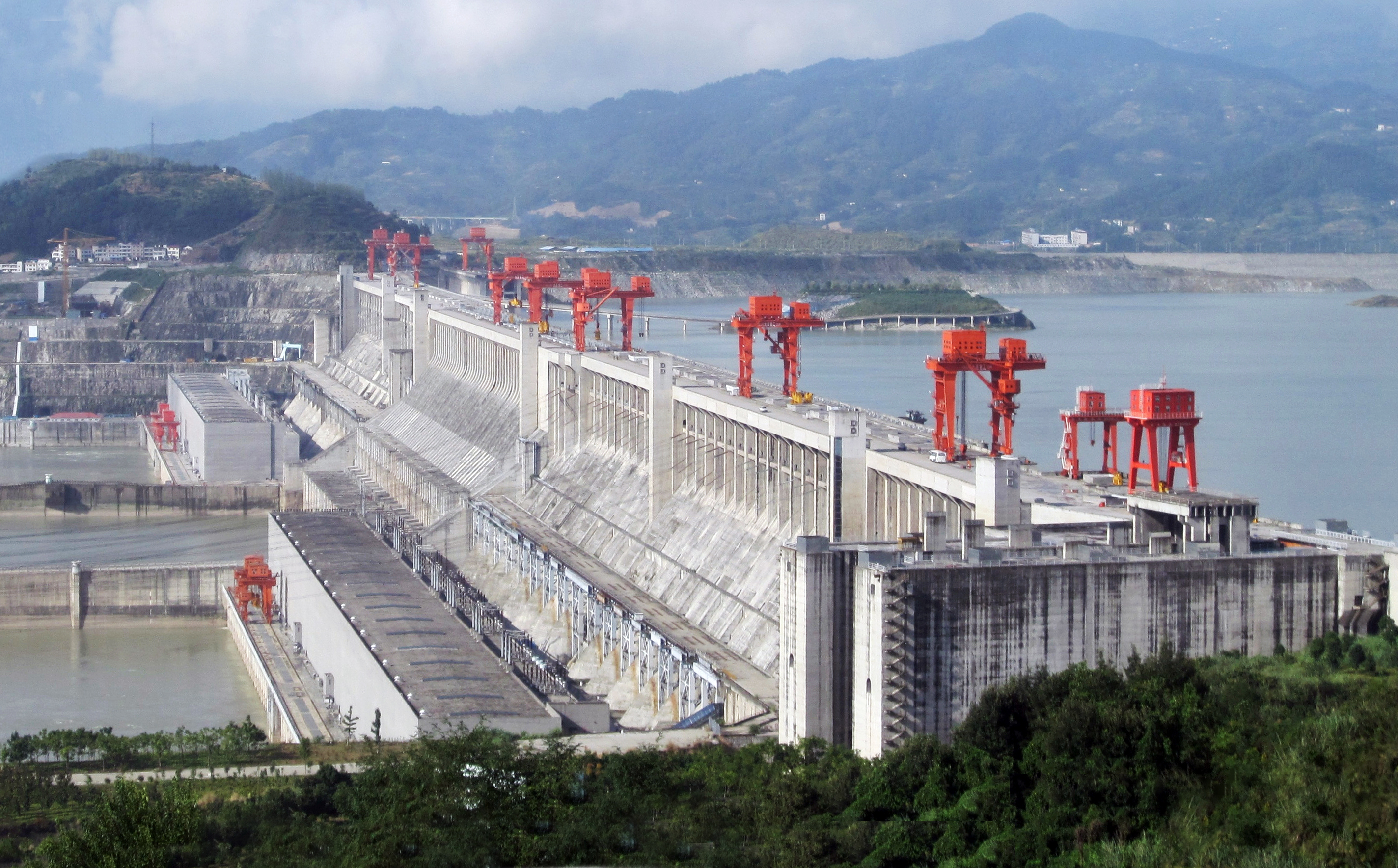|
Robert Strachan
Robert Martin Strachan (December 1, 1913 – July 21, 1981) was a trade unionist and politician. He was the longest serving Leader of the Opposition in British Columbia history.Canadian Press, "Robert Strachan Led CCF-NDP in opposition for 13 years in B.C. House", ''Globe and Mail'', July 22, 1981 Born in Glasgow, Scotland, Strachan was a carpenter by trade. He immigrated to Canada after quitting a 10-shilling-a-week job as messenger boy in Glasgow to go to Nova Scotia on a $10-a-week farm labor scheme. He moved west, in 1931, to the northern B.C. copper-smelting town of Anyox and then to Powell River, where he became a carpenter and an active unionist eventually becoming British Columbia head of the Brotherhood of Carpenters and Joiners of America. In 1952, he was elected to the British Columbia Legislative Assembly as an MLA for the socialist Co-operative Commonwealth Federation. In 1956, he was elected CCF leader thus becoming Leader of the Opposition to the Social Credi ... [...More Info...] [...Related Items...] OR: [Wikipedia] [Google] [Baidu] |
Glasgow
Glasgow ( ; sco, Glesca or ; gd, Glaschu ) is the most populous city in Scotland and the fourth-most populous city in the United Kingdom, as well as being the 27th largest city by population in Europe. In 2020, it had an estimated population of 635,640. Straddling the border between historic Lanarkshire and Renfrewshire, the city now forms the Glasgow City Council area, one of the 32 council areas of Scotland, and is governed by Glasgow City Council. It is situated on the River Clyde in the country's West Central Lowlands. Glasgow has the largest economy in Scotland and the third-highest GDP per capita of any city in the UK. Glasgow's major cultural institutions – the Burrell Collection, Kelvingrove Art Gallery and Museum, the Royal Conservatoire of Scotland, the Royal Scottish National Orchestra, Scottish Ballet and Scottish Opera – enjoy international reputations. The city was the European Capital of Culture in 1990 and is notable for its architecture, cult ... [...More Info...] [...Related Items...] OR: [Wikipedia] [Google] [Baidu] |
Co-operative Commonwealth Federation
The Co-operative Commonwealth Federation (CCF; french: Fédération du Commonwealth Coopératif, FCC); from 1955 the Social Democratic Party of Canada (''french: Parti social démocratique du Canada''), was a federal democratic socialistThe following sources describe the CCF as a democratic socialist political party: * * * * * * and social-democraticThese sources describe the CCF as a social-democratic political party: * * * * * political party in Canada. The CCF was founded in 1932 in Calgary, Alberta, by a number of socialist, agrarian, co-operative, and labour groups, and the League for Social Reconstruction. In 1944, the CCF formed the first social-democratic government in North America when it was elected to form the provincial government in Saskatchewan. The full, but little used, name of the party was Co-operative Commonwealth Federation (Farmer-Labour-Socialist).Calgary Herald, August 1, 1932 In 1961, the CCF was succeeded by the New Democratic Party (NDP). H ... [...More Info...] [...Related Items...] OR: [Wikipedia] [Google] [Baidu] |
Premier Of British Columbia
Premier is a title for the head of government in central governments, state governments and local governments of some countries. A second in command to a premier is designated as a deputy premier. A premier will normally be a head of government, but is not the head of state. In presidential systems, the two roles are often combined into one, whereas in parliamentary systems of government the two are usually kept separate. Relationship to the term "prime minister" "Premier" is often the title of the heads of government in sub-national entities, such as the provinces and territories of Canada, states of the Commonwealth of Australia, provinces of South Africa, the island of Nevis within the Federation of Saint Kitts and Nevis, and the nation of Niue. In some of these cases, the formal title remains "Prime Minister" but "Premier" is used to avoid confusion with the national leader. In these cases, care should be taken not to confuse the title of "premier" with "prime minis ... [...More Info...] [...Related Items...] OR: [Wikipedia] [Google] [Baidu] |
United Kingdom
The United Kingdom of Great Britain and Northern Ireland, commonly known as the United Kingdom (UK) or Britain, is a country in Europe, off the north-western coast of the European mainland, continental mainland. It comprises England, Scotland, Wales and Northern Ireland. The United Kingdom includes the island of Great Britain, the north-eastern part of the island of Ireland, and many List of islands of the United Kingdom, smaller islands within the British Isles. Northern Ireland shares Republic of Ireland–United Kingdom border, a land border with the Republic of Ireland; otherwise, the United Kingdom is surrounded by the Atlantic Ocean, the North Sea, the English Channel, the Celtic Sea and the Irish Sea. The total area of the United Kingdom is , with an estimated 2020 population of more than 67 million people. The United Kingdom has evolved from a series of annexations, unions and separations of constituent countries over several hundred years. The Treaty of Union between ... [...More Info...] [...Related Items...] OR: [Wikipedia] [Google] [Baidu] |
Insurance Corporation Of British Columbia
The Insurance Corporation of British Columbia (ICBC) is a provincial Crown corporation in British Columbia providing insurance. ICBC was created in 1973 by the NDP government of Premier Dave Barrett. By law, any vehicle registered and driven or parked on public streets in British Columbia must be covered by ICBC's basic insurance package, which can be purchased from independent brokers across the province. This basic coverage, called "Autoplan," includes protection from third party legal liability, under-insured motorist protection, accident benefits, hit-and-run protection, and inverse liability. History The original purpose of ICBC was to provide universal and affordable compulsory public auto insurance in British Columbia by operating on a non-profit basis. However, in March 2010, Christy Clark's BC Liberal government announced that it would require ICBC to pay the province dividends totaling some $778 million over three years, thus signaling the end of ICBC’s operatio ... [...More Info...] [...Related Items...] OR: [Wikipedia] [Google] [Baidu] |
Automobile Insurance
Vehicle insurance (also known as car insurance, motor insurance, or auto insurance) is insurance for cars, trucks, motorcycles, and other road vehicles. Its primary use is to provide financial protection against physical damage or bodily injury resulting from traffic collisions and against liability that could also arise from incidents in a vehicle. Vehicle insurance may additionally offer financial protection against theft of the vehicle, and against damage to the vehicle sustained from events other than traffic collisions, such as keying, weather or natural disasters, and damage sustained by colliding with stationary objects. The specific terms of vehicle insurance vary with legal regulations in each region. History Widespread use of the motor car began after the First World War in urban areas. Cars were relatively fast and dangerous by that stage, yet there was still no compulsory form of car insurance anywhere in the world. This meant that injured victims would rarel ... [...More Info...] [...Related Items...] OR: [Wikipedia] [Google] [Baidu] |
1972 British Columbia General Election
The 1972 British Columbia general election for the Canadian province of British Columbia was held to elect members of the Legislative Assembly of British Columbia. The election was called on July 24, 1972, and held on August 30, 1972. The new legislature met for the first time on October 17, 1972. David Barrett led the social democratic New Democratic Party to victory, winning a majority government. The Social Credit Party, led by Premier W.A.C. Bennett, was defeated after governing British Columbia since the 1952 election. Social Credit's share of the popular vote fell by over 15 percentage points, and the party lost 28 of the seats it had won in the previous election. The Liberal Party held onto its five seats, while the Progressive Conservative Party, under the leadership of Derrill Warren, returned to the legislature for the first time since the 1953 election by winning two seats. In four ridings and part of a fifth, a referendum was held on the question of daylight ... [...More Info...] [...Related Items...] OR: [Wikipedia] [Google] [Baidu] |
Thomas Berger (Canadian Politician)
Thomas Rodney Berger (March 23, 1933April 28, 2021) was a Canadian politician and jurist. He was briefly a member of the House of Commons of Canada in the early 1960s, entering provincial politics thereafter. He led the British Columbia New Democratic Party for most of 1969, prior to Dave Barrett. Berger was a justice of the Supreme Court of British Columbia from 1971 to 1983. In 1974, Berger became the royal commissioner of the Mackenzie Valley Pipeline Inquiry, which released its findings in 1977. After retiring from the bench, Berger continued to practise law and served in various public capacities. He was a member of the Order of Canada and the Order of British Columbia. Early life and education Thomas Rodney Berger was born on March 23, 1933, in Victoria, British Columbia. He was the son of Royal Canadian Mounted Police sergeant Theodor Berger and Nettie Elsie Perle, née McDonald. Berger received a Bachelor of Arts and Bachelor of Laws from the University of British Co ... [...More Info...] [...Related Items...] OR: [Wikipedia] [Google] [Baidu] |
British Columbia New Democratic Party Leadership Conventions
This page covers the results of leadership elections in the British Columbia New Democratic Party (known as the Co-operative Commonwealth Federation before 1961). Early developments On July 5, 1936, CCF parliamentary leader Robert Connell survived a leadership challenge, 138 votes to 76. It was also determined, at this meeting, that the party's future leadership would be decided by delegated conventions. 1939 leadership convention (Held June 26, 1939) *Harold Winch elected 56-11 1953 leadership convention (Held April 10, 1953) *Arnold Alexander Webster acclaimed 1956 leadership convention (Held April 6, 1956) *Robert Strachan 72 *Leo Thomas Nimsick 35 *Arthur James Turner 19 1961 Leadership convention (Held October 28, 1961) *Robert Strachan acclaimed 1967 leadership challenge (Held on June 4, 1967, in Burnaby, British Columbia.) *Robert Strachan 278 *Thomas R. Berger 177 1969 leadership convention (Held on April 12, 1969.) First ballot: *Thomas R. Berger 364 *Dav ... [...More Info...] [...Related Items...] OR: [Wikipedia] [Google] [Baidu] |
BC Hydro
The British Columbia Hydro and Power Authority, operating as BC Hydro, is a Canadian electric utility in the province of British Columbia. It is the main electricity distributor, serving more than 4 million customers in most areas, with the exception of the City of New Westminster, where the city runs its own electrical department and portions of the West Kootenay, Okanagan, the Boundary Country and Similkameen regions, where FortisBC, a subsidiary of Fortis Inc. directly provides electric service to 213,000 customers and supplies municipally owned utilities in the same area. As a provincial Crown corporation, BC Hydro reports to the BC Ministry of Energy, Mines and Low Carbon Innovation, and is regulated by the British Columbia Utilities Commission (BCUC). Its mandate is to generate, purchase, distribute and sell electricity. BC Hydro operates 32 hydroelectric facilities and three natural gas-fueled thermal power plants. As of 2014, 95 per cent of the province's electricity ... [...More Info...] [...Related Items...] OR: [Wikipedia] [Google] [Baidu] |
Hydro-electricity
Hydroelectricity, or hydroelectric power, is electricity generated from hydropower (water power). Hydropower supplies one sixth of the world's electricity, almost 4500 TWh in 2020, which is more than all other renewable sources combined and also more than nuclear power. Hydropower can provide large amounts of low-carbon electricity on demand, making it a key element for creating secure and clean electricity supply systems. A hydroelectric power station that has a dam and reservoir is a flexible source, since the amount of electricity produced can be increased or decreased in seconds or minutes in response to varying electricity demand. Once a hydroelectric complex is constructed, it produces no direct waste, and almost always emits considerably less greenhouse gas than fossil fuel-powered energy plants. [...More Info...] [...Related Items...] OR: [Wikipedia] [Google] [Baidu] |

.jpg)

.jpg)

